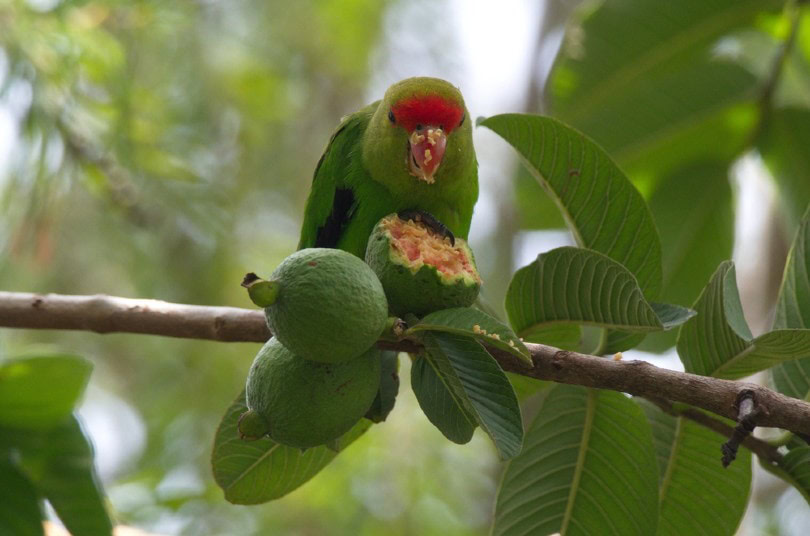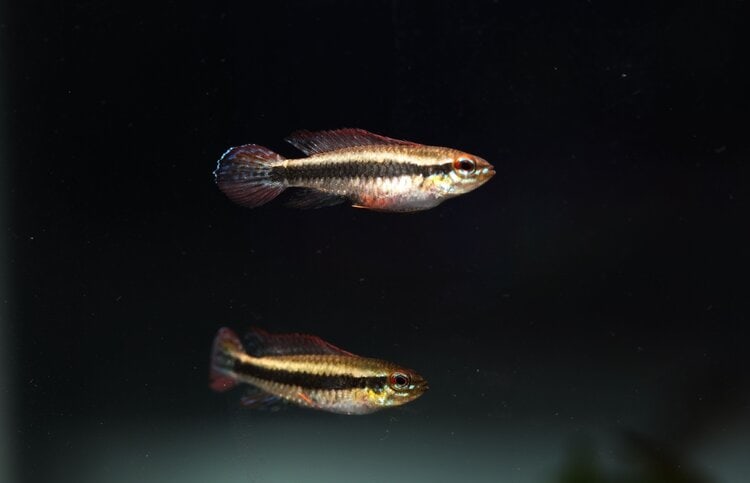Click Below to Skip Ahead
A happy-go-lucky designer dog that loves learning and playing, the Boxerdoodle results from breeding a Boxer with a Poodle. Although some consider the offspring of two breeds “mutts,” the Boxerdoodle was developed through intentional breeding. They are friendly and playful and make great pets for active singles or families with young children.
Breed Overview
Height
10–23 inches
Weight
15–80 pounds
Lifespan
10–12 years
Colors
Brown, black, white, fawn, brindle, red
Suitable for
Active families, active couples, active singles, families with small children
Temperament
Loyal & loving, smart, easy to train, energetic, protective
The Boxerdoodle is a natural comedian who always needs to be the center of attention and is easy to train and handle. Their weight and size can vary significantly, depending on the size of the Poodle. If you’re on the hunt for a joyous dog, the Boxerdoodle is a true pleasure to own! Here is everything you need to know about owning and caring for a Boxerdoodle.
Boxerdoodle Characteristics

Boxerdoodle Puppies
Although they may shed less than other dogs, the Boxerdoodle is not entirely hypoallergenic. They still produce dander, but their curly hair will rarely shed if they inherit the Poodle’s coat.
Boxerdoodles demand a lot of attention and physical activity and love to run around and play games outside. Therefore, they’re not well suited for apartment living. They are better off living in a house with a large, fenced-in backyard.
The Boxerdoodle is a loving and loyal breed that can develop deep bonds with their family members. Because of their co-dependent nature, the Boxerdoodle can easily develop separation anxiety if left alone for too long. If you work long hours or are away from home often, this dog is not for you.
The Boxerdoodle is one of the more expensive hybrid dogs, and you may have trouble adopting one from a shelter or rescue. However, you can look for a responsible and experienced breeder of Boxers or Poodles. Despite the more affordable price tag, avoid buying a puppy from a puppy mill or backyard breeder.


Temperament & Intelligence of the Boxerdoodle
The Boxerdoodle is a spirited, intelligent, and friendly breed. They are simple to train and adore almost everyone they meet. Whether you get yours from a breeder or a rescue, you can rest assured that you’re getting a playful companion.
Are These Dogs Good for Families?
The Boxerdoodle is a great family pet and gets along with small children. Because of their lively nature, they love running around in the yard with the kids. Since the Boxerdoodle can be on the bigger side, it’s important always to keep a close eye on everybody during playtime. The Boxerdoodle could accidentally injure a small child.
Does This Breed Get Along with Other Pets?
The Boxerdoodle loves other dogs and even cats. If you socialize them with other animals early on, your Boxerdoodle will thrive in a multi-pet household.

Things to Know When Owning a Boxerdoodle:
Like any dog, the Boxerdoodle needs daily exercise, training, and love. Here’s everything you need to know about caring for your new Boxerdoodle.
Food & Diet Requirements
The Boxerdoodle will do best with a high-quality, high-protein diet. They are medium-sized or large (depending on the Poodle’s size) and require 1,100 to 2,400 calories each day. Feed your Boxerdoodle 2 to 3 cups of kibble divided into two meals daily. Also, ensure they have access to clean, fresh water.
Exercise
The Boxerdoodle is a high-energy breed that requires at least 1½ hours of physical activity every day. They are best suited for active people. This can be divided into two long walks, outdoor playtime in the backyard, and indoor training sessions.
Additionally, the Boxerdoodle needs plenty of mental stimulation. Weekly agility or obedience classes and interactive dog toys will keep your Boxerdoodle occupied and prevent boredom.
Training
Training your Boxerdoodle is very important to guarantee a well-behaved dog. Start training and socializing your pup from a young age so they don’t develop bad habits later in life. Basic commands, such as sit, down, stay, and watch me, are essential. They respond best to consistent, positive reinforcement training methods. Due to their sensitive nature, punishing your Boxerdoodle is counterproductive.
Grooming ✂️
The Boxerdoodle has a wavy, thick coat that can vary in length. Though they are commonly described as “non-shedding” dogs, Boxerdoodles may occasionally shed. Brush your dog weekly to remove dead fur and tangles. Clean their ears and eyes as needed and trim their nails before they get too long. Overgrown nails can be painful for your dog.
Health and Conditions
- Cataracts
- Seborrhea
- Progressive retinal atrophy
- Entropion
- Ectropion, Bloat
- Degenerative myelopathy
- Cardiomyopathy
Though an overall healthy hybrid, the Boxerdoodle can develop a few health issues as they age, including bloat, cataracts, and cardiomyopathy. They may also develop epilepsy, hip dysplasia, and skin allergies. Routine wellness visits and occasional skin scraping, X-rays, and heart and eye exams are important to maintain your dog’s health. Always buy your Boxerdoodle from a responsible breeder to avoid potential health risks.

Male vs Female
Male Boxerdoodles are larger than females, but they have similar temperaments. They are both sweet, smart, and energetic.


3 Little-Known Facts About the Boxerdoodle
1. They Love to Work
The Boxerdoodle has a solid work ethic and always needs a job, which should make training easier.
2. They Can Wildly Vary in Size
There are three types of Poodles, including the standard, toy, and miniature. Though Boxerdoodles are often developed by breeding a Boxer with a Standard Poodle, smaller Boxerdoodles are also available.
3. They are Excellent Dogs for Beginners
The Boxerdoodle is ideal for first-time dog owners because they’re friendly, easy-going, and intelligent.

Conclusion
If you are searching for a fun and friendly family dog, the Boxerdoodle could be perfect. They thrive with active families who have large backyards. The Boxerdoodle is a very social dog who needs constant love, activity, and attention. They don’t enjoy being alone for long periods but are relatively easy to train and incredibly loyal.
Related Reads:
- Poodle Dog Breed: Pictures, Info, Care Guide & Traits
- Boxer Dog Breed: Pictures, Info, Care Guide & Traits
Featured Image Credit: Piklist











